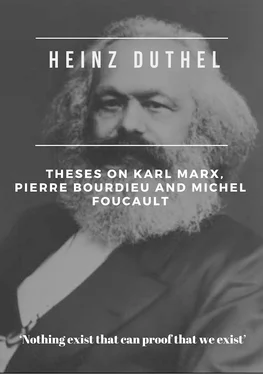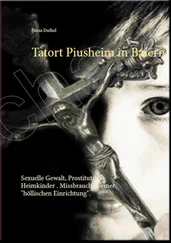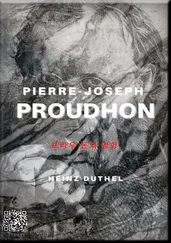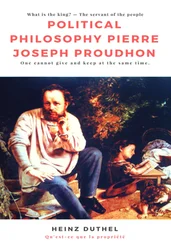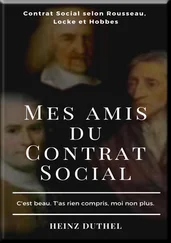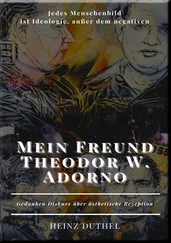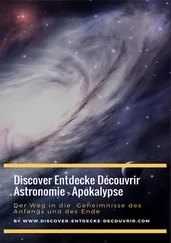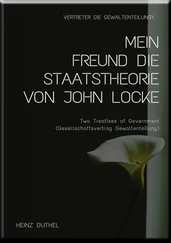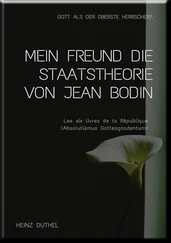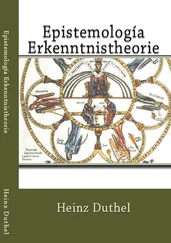1.3 Study Structure
To establish a clear and wide-ranging theoretical foundation for the work I wish to produce, it seems important to deal with issues in some depth and rather than risking a superficial presentation in a few paragraphs. I have chosen to open up the conceptual and theoretical space to consider such ideas as ideology and habitus in much more detail. A cursory reference to some concepts would mask the very analysis I wanted to describe. Indeed, it is this very simplistic treatment in other places that holds us back from understanding more fully such processes as the educational task of social reproduction. Hence the first part of this Study might be seen as “building bridges” between disciplines [Murphy, 1996 #646]. I try to achieve this bridge building by incorporating the concept of a Justificatory Framework, which is overlaid on top of the Theoretical, Conceptual and Methodological Frameworks – as in the diagram on the next page. Chapters 2 – 6 develop explicit, inter-related and consistent frameworks for:
• Theorising the context of the study
• Developing the concepts and constructs used in analysis
• Developing a methodological approach to the study
However in order to more firmly establish the foundations of the study, I feel I need to occasionally reach outside of the immediate area of the study for ideas, connections, implications and justifications. This can be seen for example in those sections in which I discuss Models of social reproduction (Section 2.2) and The political nature of educational research (Section 5.2.3). It might be helpful to see these as the hidden piles that support the bridge and allow it to gain its strength
My concern is to locate mathematics education into a social field and it is therefore essential that I spend some time looking into the development not only of mathematics education, but also of the education system in general. My Study is a sociological analysis of an aspect of mathematics education and I need to introduce the sociological tools I will use to examine the classroom. Chapter 2 - Understanding Society is be an examination of approaches to the understanding of society that will be important in my study and in particular the issue of social reproduction. One of my overriding concerns in this Study is the manner in which mathematics education plays its part in the reproduction of dominant social relations through the way teachers conceptualise and organise their work, so clearly I will need to consider the critical issues and themes here.
Chapter 3 – Conceptualising Human Agency is about the nature of human agency and consists of examinations of Pierre Bourdieu’s habitus, approaches to ideology, and conceptualisations of discourse. These form a significant contribution to my analysis of data and some space is needed to expand upon the nature and form of the concepts I use and on how they inter-relate.
Chapter 4 – Exploring the Social Roots of Mathematics Education is an exploration of the issues, themes and approaches that seem to be at the heart of a sociology of mathematics education and which therefore have a bearing on the significance and orientation of my work.
Chapters 5 – Theoretical Orientation and Chapter 6 – Design of the Study are the methodological and empirical chapters in which I examine my own methodological background, discuss the methods I use, and the analyses I undertake. One of the difficulties in presenting such a structured piece is the integration of epistemology and methodology. For me the two are quite interconnected and merge into one another. Hence, I did not want clearly definable ‘methodology’ and ‘methods’ chapters. Consequently, I see Chapter 5 as an articulation of my theoretical orientation, and Chapter 6 the design of the research study at Highview School. In Chapter 5, I develop the approach that characterises my work as critical ethnography, and explore the issues arising from that. In Chapter 6, I apply these frameworks to the empirical work undertaken. I give in this chapter my reasons focusing on two teachers as ‘paradigmatic’ examples.
Chapter 7 – Introducing Alan Brown, Chapter 8 – Positioning Fran Gregory and Chapter 9 – Positioning Alan Brown, between them form the detailed empirical analysis, and contain the analysis of the two mathematics teachers I focus on, culminating in an empirical model for describing their discursive positioning and ideological foundations. Chapter 10 – Theorising the Model is the discussion of the model I have developed, and finally Chapter 11 – A Manifesto for Change is a consideration of the implications for the future.
The Appendices contain examples of my analysis through an annotated interview transcript (Appendix 1), two examples of lesson observation field notes (Appendix 2) and some analytical materials created by the computer-aided analysis I carried out using NUD*IST (Appendix 3). Finally, Appendix 4 contains extracts from the OFSTED report of the school. For reasons of maintaining anonymity and confidentiality, this is omitted from the public version of the Study.
Chapter 2 - Understanding Society
Synopsis of Chapter 2
The over-riding aim of this chapter is to draw together elements of a theory of description for an understanding of society, which could help us make sense of the practices we see in mathematics classrooms. I lay out the theoretical framework I am adopting in this study and make the case for an acceptance of a structuralist analysis, incorporating a conflict theory approach to social activity. I also lay out my argument for why we need to look closely into the nature of education in the UK and how this argument implies certain theoretical, conceptual and methodological approaches, all of which are developed in subsequent chapters. In addition to justifying my theoretical perspective, I make a case for rejecting arguments that we are in an era of postmodernity. In writing this chapter, I have chosen to draw together and synStudye a set of ideas from various theorists which best describe the essence and coherence of the approach I am adopting. Hence this is both a theoretical framework and a justificatory framework.
There are four key ideas I draw on in the first section of this chapter: a dialectical approach to the understanding of history, a recognition of the importance of social class in the functioning of the education system, Marx’s theory of alienation as an explanation for the popular perception of mathematics and the role of hegemony in the mathematics curriculum. In the second section of this chapter, I discuss various models of social reproduction theory.
This chapter is important because I need to lay the foundations for a study of human agency at the individual level of the teacher of mathematics from a social perspective rather than an individualising psychological perspective. Furthermore, the framework of ideas I present here is needed to justify my claim that this social perspective needs to be – and can be – derived from a position that goes beyond social interactionism and becomes embedded in mechanisms and structures of social organisation.
2.1 The Place of Human Agency in Social Theory
Marx has thus proved, not for the first time, to be a difficult customer to silence.
[Callinicos, 1999 #722, p 318]
The problem with Marxist ideology was that, in the end, it suppressed the individual by starting with society.
[Blair, 1996 #781, p 59]
There is no such thing as society, only individuals.
Margaret Thatcher
In this section, I discuss the stance I take in this Study. Fundamentally I am arguing that a social theory purporting to have some relevance to improving our understanding of critical sites, has to incorporate the position that social organisation is not a static structure, but is a dynamic operational system. We have to be able to conceptualise the interrelationship between the social structures and the operation of members and groups in that system. Hence my discussion of alienation - a central tenet in social theory. Alienation is not some abstract concept, but is a process of differential relationships effected in a variety of locations, in my case, the mathematics classroom. Similarly, hegemony is a central plank of an understanding of the mechanism of social organisation – yet it too needs people to operationalise it. This section then develops the underpinnings of social theory that focusses attention on human agency in the symbiotic interrelationship between agency and structure. This is important because I go on to look at the nature, structure and organisation of some teachers’ understandings of their work and in doing so focus closely on the individual level, but with the intention of locating this within a sociological approach.
Читать дальше
